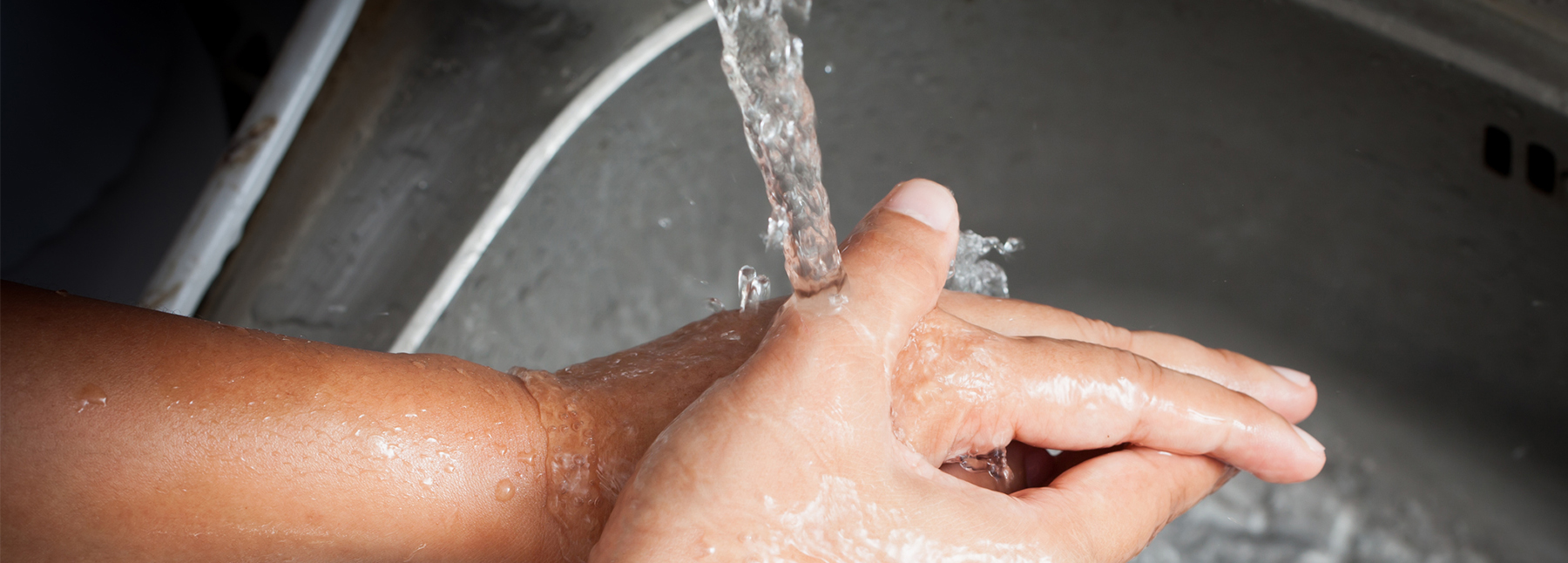If soap and water are not available, use an alcohol-based hand sanitiser that contains at least 60% alcohol. Although alcohol-based hand sanitisers can remove many germs, they are not as effective when hands are visibly dirty or greasy.
When using an alcohol-based hand sanitiser follow these simple steps:
- Apply the product to the palm of your hand
- Rub your hands together
- Rub the product over all surfaces of your hands and fingers until your hands are dry
Effective hand-washing offers great rewards for very little effort. Try to take more time and care when hand washing.
Following the tips above could play a major role in protecting your health and the health of your family.


